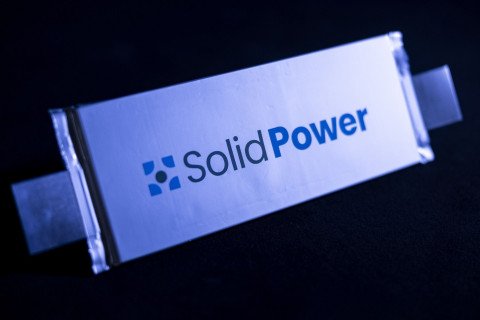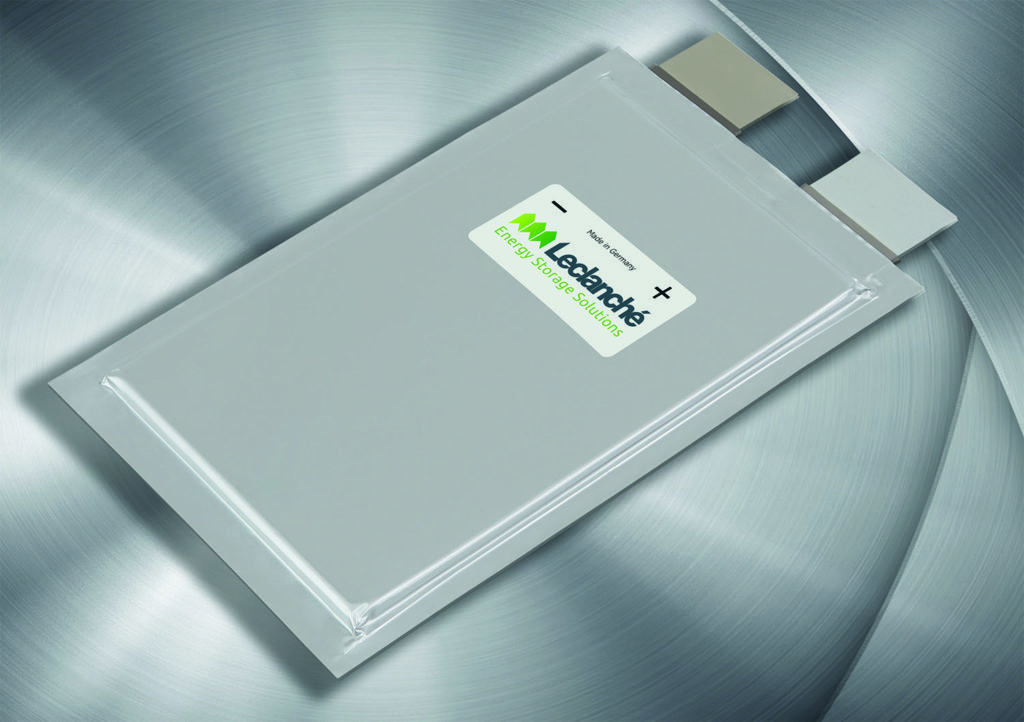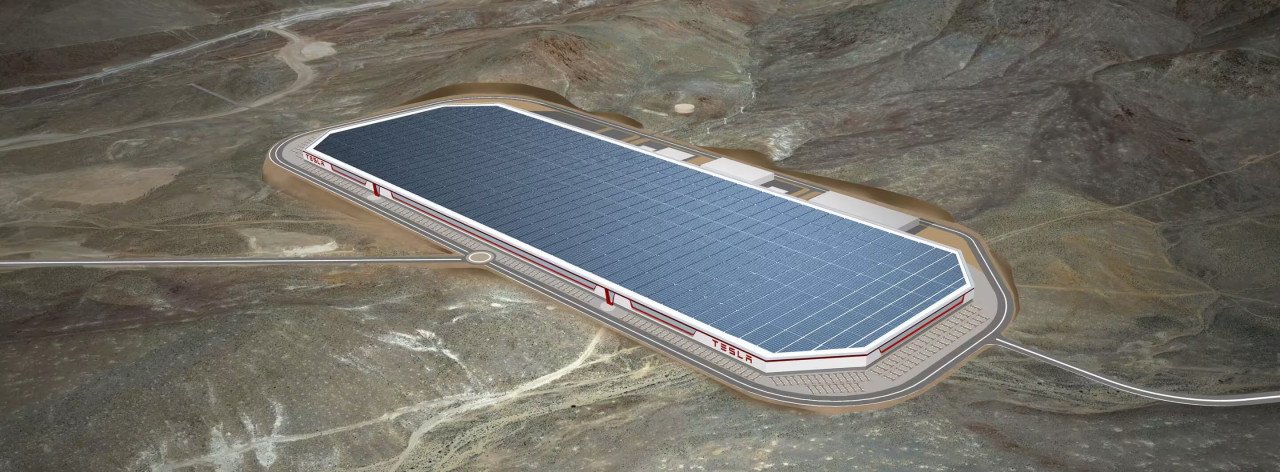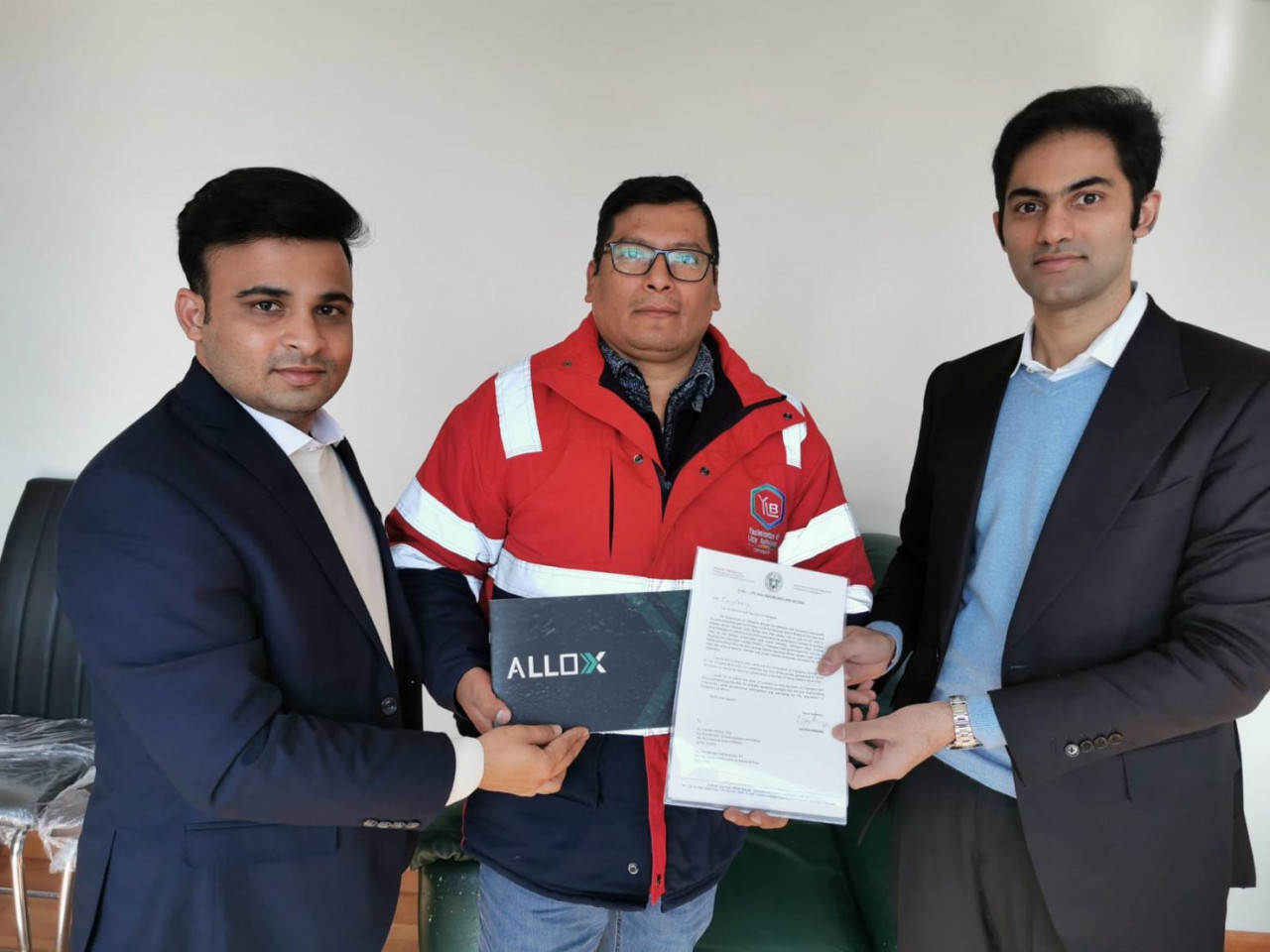Leclanché G/NMCA Li-ion cells claim higher energy density, less cobalt usage
Swiss battery maker Leclanché SA has announced major breakthrough in the environmentally friendly production of modern G/NMCA (graphite-nickel-manganese-cobalt-aluminium oxide) cells. As the first manufacturer worldwide, the company claims to reduce the cobalt content in NMCA as cathode material from 20 to 5 per cent, and manufacture electrodes using an environmentally friendly water-based process.
In doing so, Leclanché completely dispenses the use of the highly toxic organic solvents (NMP) that are otherwise common in the production process. The new G/NMCA cells have a 20 per cent higher energy density, despite retaining the same size, weight and performance level. Water binder-based NMCA cathodes are easier to dispose of and are also recyclable, according to the company.
"With the water-based production of the high-capacity NMCA cathodes, we have reached a decisive milestone in lithium-ion technology," emphasises Dr Hilmi Buqa, Vice President R&D at Leclanché. "Until now, producing them using environmentally friendly processes was considered impossible. But, now we have mastered the process."
Given that the cathodes are typically manufactured by using organic solvents such as NMP (N-methylpyrrolidone) that are highly toxic and harmful to the environment, Leclanché has instead been using aqueous binders in its production process for around 13 years.
Further, the water-based process eliminates energy-intensive processes for drying, flashing off and recycling the solvents, thereby achieving 10-30 per cent lower energy consumption and ultimately reducing carbon footprint of battery cell production.
The newly developed cell has a nickel content of around 90 per cent, which increases the energy density and enables the significant reduction of the cobalt content by 15 per cent. At the same time, it offers a longer service life, high cycle stability and good chargeability, says Leclanché.
The cell maker also adds that the new cells are particularly well suited for electric cars and heavy-duty applications such as ships, buses and trucks, thanks to their high-volume energy density and high cycle stability properties.
RELATED: Leclanché achieves breakthrough in the safety of LiBs without comprising cell performance
Leclanché's new eco-friendly G/NMCA cells are expected to be available on the market in 2024.






















